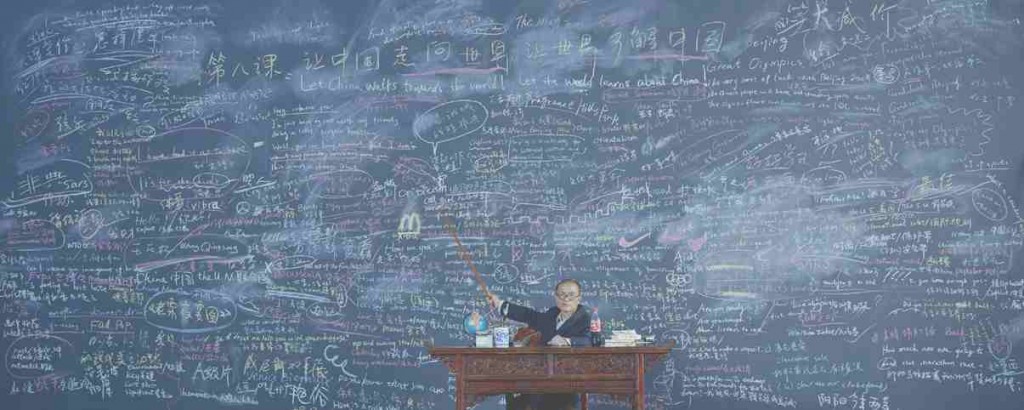
08 Sep Quantum theory of symmetrically in time
 Causality
Causality
To understand this principle, the authors of the new study analyzed what the concept of choice in the context of the quantum theory actually means. For example, we think that an experimenter can choose which measurement carried out in a given system, but not the result of the measurement. Accordingly, in accordance with the principle of causality, the choice the measurement can be correlated with results of measurements only in the future, while the result a measurement you can correlate with results of measurements both past and future.
The researchers argue that the property that determines that we interpret the variable that describes the extent as dependent the choice of the experimenter, while the result isn't, is that it can be known before that the measurement is made.
From this perspective, the principle of causality can be understood as a limitation to the information available on different variables at different times. This limitation is not symmetric in time as both the choice of measurement and the result of a measurement can be known ex post. This, according to the study, is the essence of the asymmetry in the standard formulation of the quantum theory.
"The quantum theory It has been formulated on the basis of asymmetric concepts that reflect the fact that we know the past and are interested in the prediction of the future. "But the concept of probability is independent of time, and from a perspective of Physics makes sense try to formulate the theory in terms essentially symmetrical", says Ognyan Oreshkov, the lead author of the study.
New quantum formulation
In the symmetric formulation in the time of the quantum theory that follows from this approach, the principle of causality and the psychological arrow of time arise from what physicists call boundary conditions - parameters based on which the theory makes predictions, but whose values may be arbitrary in principle. Thus, for example, according to the new formulation, it is conceivable in some parts of the universe that causality can be raped.
Another consequence of the symmetric formulation in time is an extension of a fundamental theorem of Wigner, that characterizes the mathematical representation of physical Symmetries and is fundamental for the understanding of many phenomena, such as which elementary particles can exist.
The study shows that in the new formulation symmetries can be represented in ways not allowed by the standard formulation, which could have far-reaching physical consequences. One speculative possibility is that such symmetries can be relevant in a theory of quantum gravity, because they have the form of the transformations that will have guessed that they occur in the presence of black holes.
"Our work shows that if we believe that the symmetry of time must be a feature of the fundamental laws of physics, we must consider phenomena beyond the conceivable in" standard quantum theory. There are such phenomena and where we could find them is a big open question,"explains Oreshkov.
Ognyan Oreshkov, Nicolas J. Cerf: Operational formulation of time reversal in quantum theory. Nature Physics(2015). DOI: 10.1038/nphys3414.
![The Ministry of time - season 2 [Blu-ray]](https://viajeroseneltiempo.es/storage/2016/09/El-Ministerio-Del-Tiempo-Temporada-2-Blu-ray-0-260x300.jpg)




![La Teoría Del Todo [Blu-ray] - Stephen Hawking](https://viajeroseneltiempo.es/storage/2016/09/La-Teora-Del-Todo-Blu-ray-0-260x300.jpg)












No Comments